On social media, many viewers stunned after a viral video showing the poin where the Mississippi river meets the Gulf of Mexico.
Many viewers express their shock about a photo that shows the ‘incredible point where the Mississippi river meets the Gulf of Mexico’.
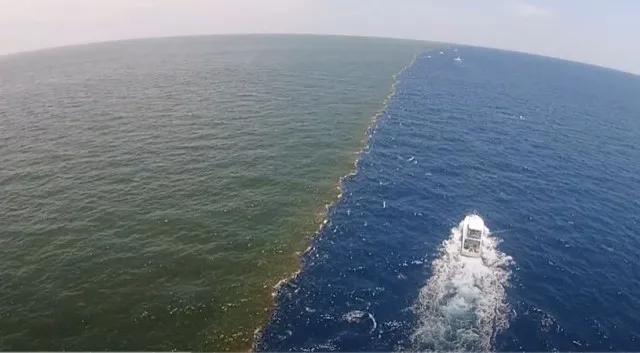
On Reddits platform, a striking image showing where the Mississippi River meets the Gulf of Mexico has captivated many.
However, beneath the beauty lies a concerning environmental issue.
The post read: “This is what is looks like where the Mississippi River meets the Gulf of Mexico!”
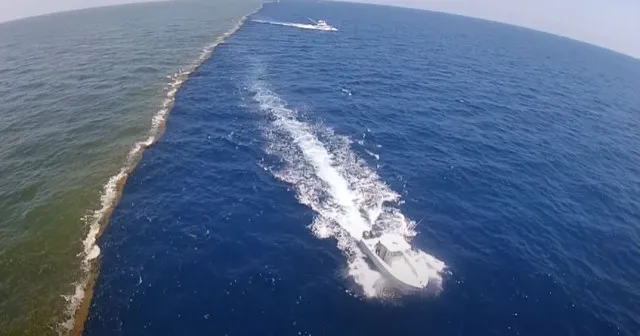
The photo showed the meeting point of these two bodies of water reveals a phenomenon known as the ‘dead zone.’ This ‘dead zone’ is not a natural occurrence but a result of human activity.”
Many viewers also debate the truth behind the point in the Gulf of Mexico.
One person said: looks really cool!
A second wrote: Also happens at river deltas nothing terrifying
While a third commented: It’s brackish water, it happens most places where different water sources meet
Another added: Maybe one is fresh water and one is salt water
What is the Dead Zone in the Gulf of Mexico?
The dead zone in the Gulf of Mexico is caused by the proximity of the Mississippi River.
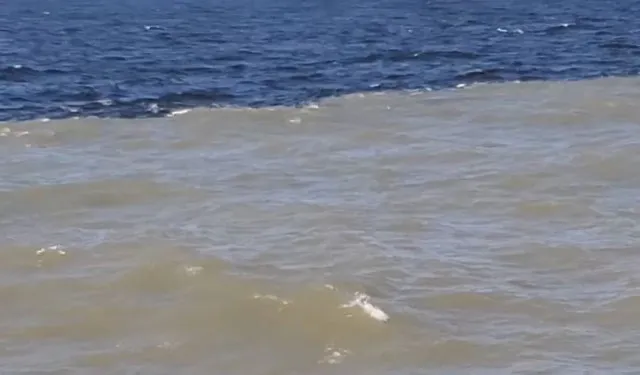
While the meeting of the two waters may seem impressive, the real story is disturbing.
Social media users have suggested the waters “never mix.” This is inaccurate.
The phenomenon, known as a hypoxic event, is harmful to the environment.
How is the Dead Zone created ?
The dead zone is formed by nutrient-rich water from the Mississippi River.
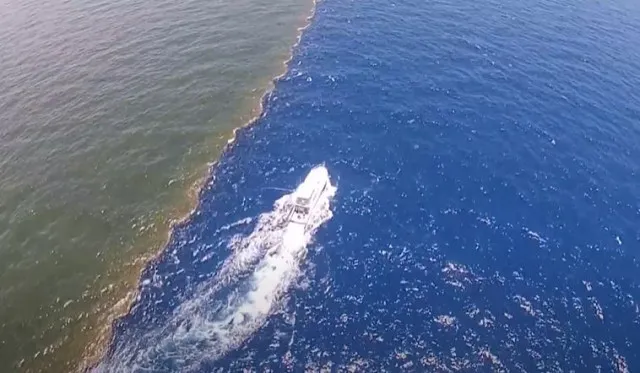
The river carries high levels of nitrogen and phosphorus, primarily from agricultural runoff. This runoff is a significant contributor to the problem.
The nutrients feed phytoplankton, leading to harmful algae blooms. These blooms deplete oxygen levels in the water, creating hypoxic conditions.
When phytoplankton and zooplankton die, they decompose on the seabed. This process consumes oxygen, creating a “dead zone” where marine life cannot survive.
Fish and other organisms suffocate in these areas. The Gulf of Mexico, which provides over 40% of the US’s domestic seafood, is heavily impacted by these conditions.
How big is the Dead Zone?
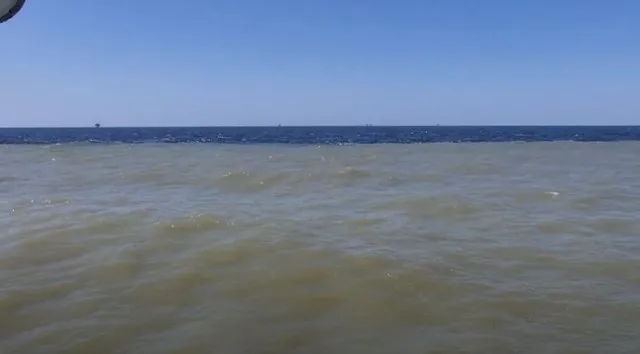
The size of the dead zone varies from year to year. During the summer, it can range from 1,931 square miles to 8,494 square miles.
It is a serious environmental threat, and the Gulf of Mexico is not alone. There are over 400 dead zones worldwide, a dramatic increase from just 10 in the 1960s.
Why is the Dead Zone a growing concern?
The dead zone is not only dangerous for marine life but also for the ecosystems that depend on these fish. Species like tuna, marlin, and sharks are at risk.
Experts like Grethel Aguilar of the International Union for Conservation of Nature (IUCN) warn that the warming ocean, along with decreasing oxygen levels, is disrupting marine life.
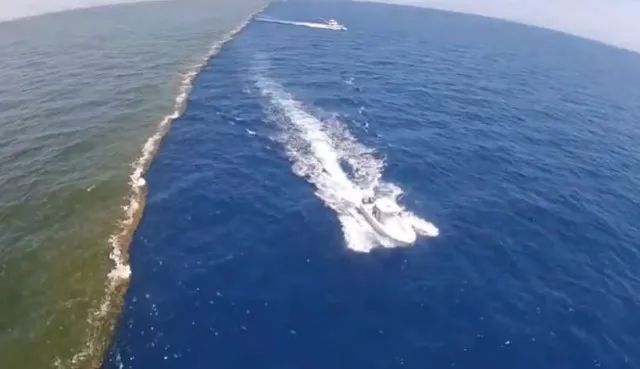
The consequences of this issue are alarming. By the end of the century, oceans could lose up to 4% of their oxygen.
This would significantly impact marine species and disrupt food chains. If we continue on our current path, many ecosystems could be destroyed, and countless species may face extinction.
The meeting point of the Mississippi River and the Gulf of Mexico may seem like a natural wonder. But the truth behind it is far from beautiful.
The dead zone is a growing environmental crisis caused by human activity.
Immediate action is needed to address agricultural runoff and reduce nutrient pollution to protect marine ecosystems and the species that rely on them.